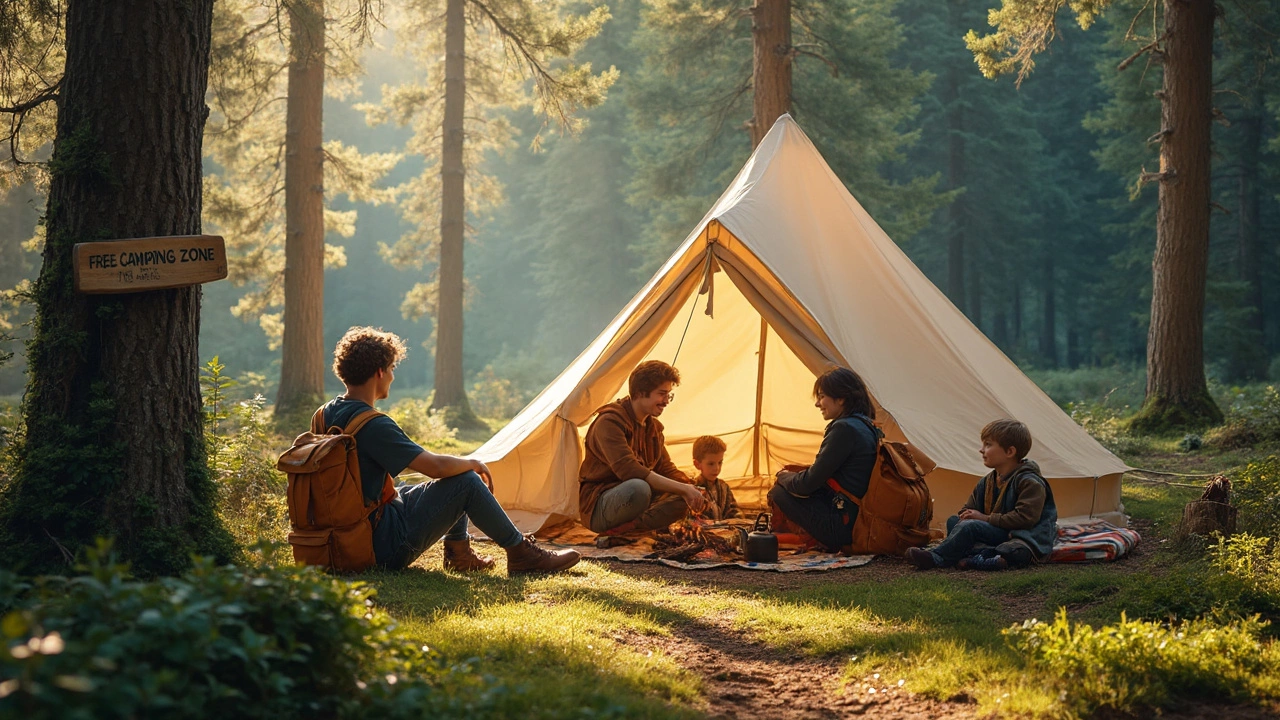Dispersed Camping: Your Practical How‑To for Free Camping in the UK
Ever wish you could park your motorhome or pitch a tent far from bustling campsites, without paying a fee? That’s what dispersed camping is all about – camping on public land where no formal site exists. It’s cheap, gives you total freedom, and lets you soak up the countryside in a way most campers never experience.
Where to Find Dispersed Spots
In England, Scotland, Wales and Northern Ireland, the key is looking for land classified as open access or common land. Forestry England, the Scottish Crown Estate, and the National Trust often list areas where you can stay up to 48 hours without a permit. Apps like Park4Night and CamperMate flag popular wild‑camping spots, but always double‑check the local rules before you set up.
On the continent, many European countries have “Schutzhütten” zones (Germany) or “zones de bivouac” (France) where overnight stays are allowed in designated spots. A quick Google search for “wild camping + [region]” usually brings up community maps and recent reports.
Legal Basics and Staying Respectful
The UK doesn’t have a blanket right to camp anywhere. Generally, you can stay on land without a specific ban for up to two nights, as long as you’re not causing damage. Avoid private property, farms with livestock, and protected wildlife reserves. If you see a ‘No Camping’ sign, move on – the fines can be steep.
Leave No Trace is more than a slogan. Pack out all rubbish, use a portable toilet or the “cat hole” method (dig 6‑12 inches deep, cover, and disguise). Keep fires to a minimum; a portable stove is safer and usually allowed, while open flames are banned in many forested areas.
When you’re done, restore the spot to how you found it. Flatten any tent footprints, disperse charcoal, and make sure no food scraps are left to attract animals.
Now that you know where and how to camp, let’s talk gear. A compact, waterproof tarp, a reliable sleeping bag rated for 0‑10°C, and a low‑profile camping chair are enough for most UK nights. If you’re in a motorhome, a slide‑out awning gives you shade and a place to cook without setting up a full tent.
Solar panels or a small portable power station can keep your devices running. Check out our post “Is a Portable Power Station Worth It?” for sizing tips if you’re curious.
Finally, be prepared for the unpredictable. The British weather can flip from sunshine to drizzle in minutes, so pack a rain poncho and waterproof boots. A quick weather app check before you head out can save you a soggy night.
Dispersed camping isn’t just a budget hack – it’s a chance to experience the landscape the way locals have for centuries. With a bit of planning, respect for the land, and the right basics, you’ll be able to park under a starlit sky without ever paying a campsite fee. Happy wandering!
